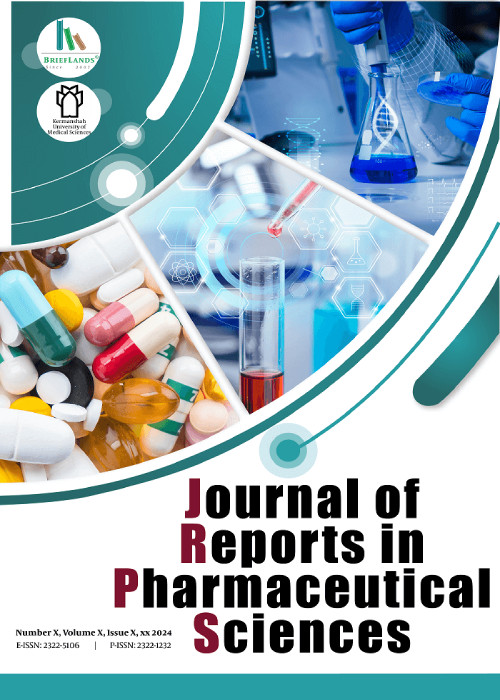Comparative Antibacterial Study of Black Cumin Oil of Saudi and Syrian Origin Seeds with the Commercial Product
A literature survey showed that significant work has been done to evaluate antimicrobial activity of medicinal plants and their constituents. Thousands of phytoconstituents are tested against a wide range of microbial strains in vitro, in vivo, and clinically. Black cumin oil obtained from the seeds of Nigella sativa L. is used as carminative, stimulant, diuretic, emmenagogue, lactagogue, and anthelmintic. Seed oil is applied externally on skin as antiseptic, emollient, and to prevent cold symptoms. Many studies have displayed the antimicrobial activity of black seed oil against a variety of microorganisms including Gram-positive and Gram-negative bacteria. In the present study, a comparative antibacterial activity of black cumin oil of Saudi Arabian, Syrian seeds, and marketed/branded oil was undertaken.
Black cumin oil (12%) is obtained from Saudi and Syrian originated seeds by the soxhlet extraction method. Agar disc diffusion method was applied for antibacterial activity of each oil and two marketed oils. Antibacterial activity of different black cumin oil samples has been evaluated against standard Escherichia coli, standard Klebsiella pneumonia, and standard Staphylococcus aureus. Phytochemical screening is also done to check the presence of phytoconstituents, which might be responsible for the activity.
All black cumin oil samples are found to be sensitive to S. aureus only. Black cumin of Saudi originated seeds showed higher activity than Syrian. Seeds oil of Syria had almost similar activity to one of the marketed oils (M1). Another marketed black cumin oil (M2) showed highest antibacterial activity among all types of oils. Phytochemical screening of these oils showed the presence of steroids and alkaloids, which might be responsible for the activity. Several factors that affect the phytochemical variations are environmental, geographical, agricultural, and extraction conditions, which result in differences in their antibacterial activity.
The results of this study showed that all samples of black cumin oils have antibacterial activity against S. aureus (Gram-positive bacteria). Therefore, they might be considered as possible alternatives to antibiotics for the treatment of S. aureus infections.
- حق عضویت دریافتی صرف حمایت از نشریات عضو و نگهداری، تکمیل و توسعه مگیران میشود.
- پرداخت حق اشتراک و دانلود مقالات اجازه بازنشر آن در سایر رسانههای چاپی و دیجیتال را به کاربر نمیدهد.


